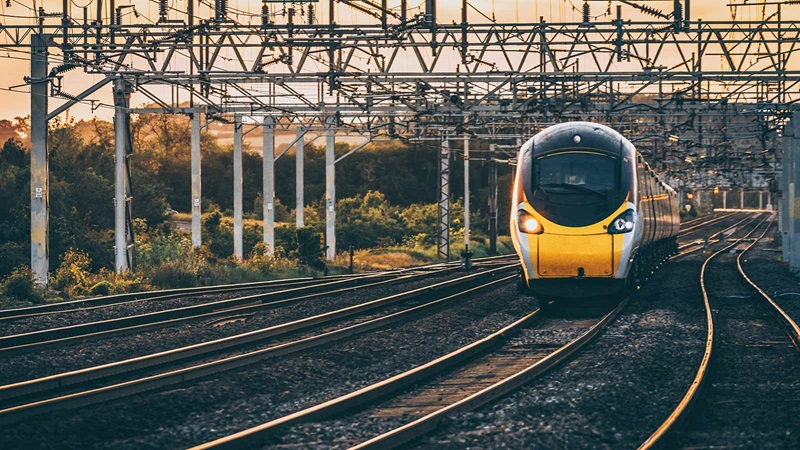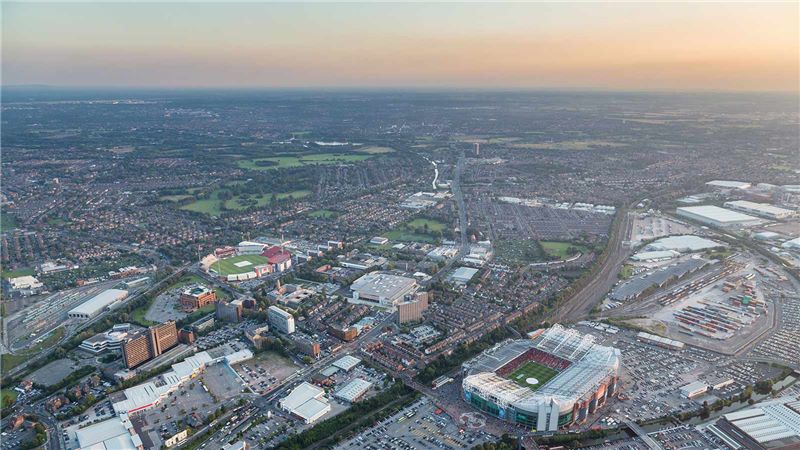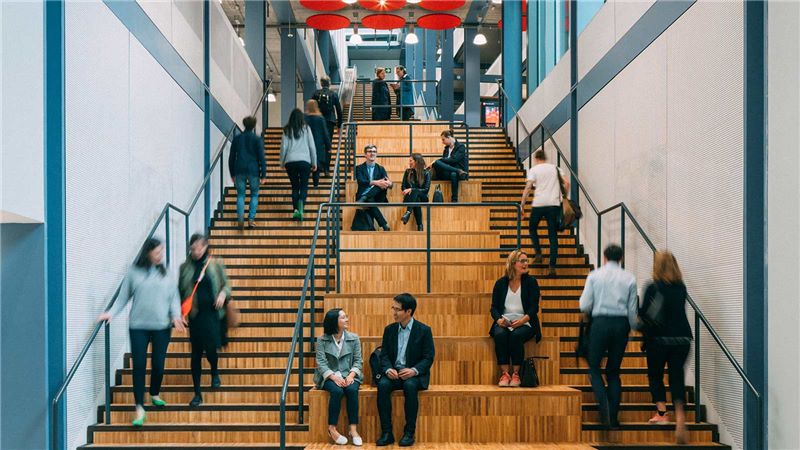Perspectives
How can regional transport transform opportunity?
Last month’s announcement from the Prime Minister on ‘High Speed North’, which looks to integrate Phase 2b of HS2 and Northern Powerhouse Rail, is a welcome one.
It is well accepted that good transport infrastructure can transform opportunity, enable business growth and increase productivity. A recent report from the Industrial Strategy Council, focused on regional productivity differences in the UK, makes the point that the country is one of the most unequal in the industrialised world, and a key element of that is underinvestment in regional transport.As well as suffering from lower levels of investment, the North has also suffered from a lack of political interest over the years, while decisions are often taken by those in Whitehall who have little knowledge of what a place needs and how to get maximum benefit from a new scheme.
While more funding is certainly a good thing, the North needs further devolution and powers if we are truly to level-up the country as the Prime Minister wishes.
A report last year from Michael Heseltine talks about how much of the country “remains constrained by Whitehall’s dead hand of centralism”. The creation of the Greater Manchester Combined Authority in 2011 and Transport for the North getting statutory status in 2018 were both steps in the right direction.
Rightly or wrongly, one of the criticisms levelled at major infrastructure programmes – including the likes of HS2 – by the government is poor engagement and input from local people. Throughout planning and delivery, we need to remember the reasons a scheme is being delivered and the outcomes it wishes to achieve. Too often, it would seem industry insiders can get caught up on a wave of excitement of technical detail and forget what local people and those who will use the service actually need and want.
As the government diverts much needed funding to our regions, and the Northern Powerhouse in particular, we need to make sure the schemes are not thought of as standalone projects but as a programme of interventions which are driven from the bottom up, not just top down. By that, I mean creating the delivery vehicles and organisations which ensure local voices and priorities are heard.
Moving decision making nearer to those who it will affect, increases the quality of those decisions. For example, at Transport for the North, they bring together 20 local authorities and their leaders to set the strategy and secure funding for schemes which will help unlock economic potential and support the areas of competitive advantage the North has.
We also need to get better at thinking through a whole journey from a passenger perspective and the different transport modes they may use. Many people may drive to their local train station, catch the train into the city or town and then cycle at the other end to their final destination. These transitions need to be seamless.
One of the lessons which has come from many mega-projects around the world, including here in the UK, is ensuring that schemes are of a scale which can be effectively managed. The value of some large schemes is equivalent to whole country economies which make them almost beyond human comprehension.
Northern Powerhouse Rail can learn from these mistakes and take a different path. The whole scheme quite naturally fits within three or four sections, which could be delivered independently with a central function ensuring that they integrate properly with each other. This approach would make the scheme more manageable and allow the local people to have greater influence over “their” section of the scheme.
Following the provision of additional funding in the 2020 Budget, Transport for the North and Midlands Connect, along with the regional Mayors, need to be given more powers to continue their good work, drive local involvement and gear up for getting spades in the ground ready for delivery.
Under the new government, regions outside of the South East look set for a once in a generation opportunity to secure the infrastructure funding they need. We need to keep people at the heart of these schemes if we are to truly change the country for the better.











